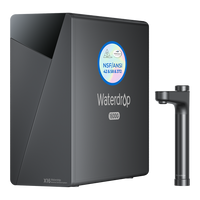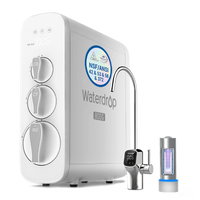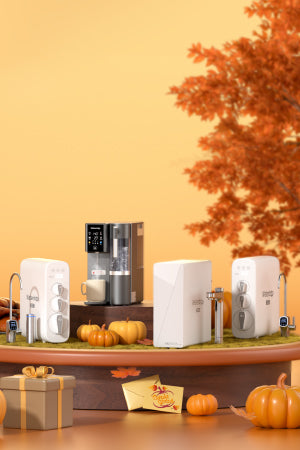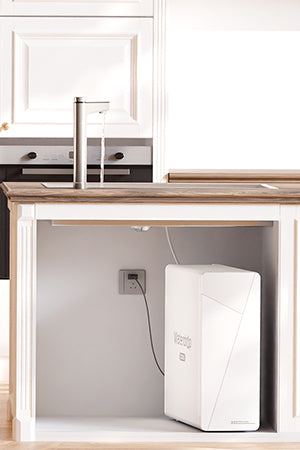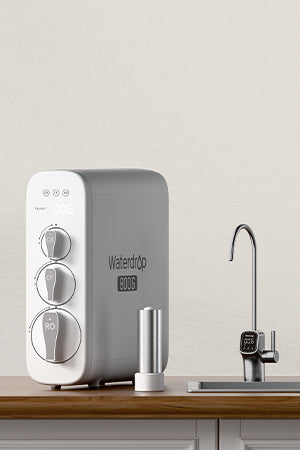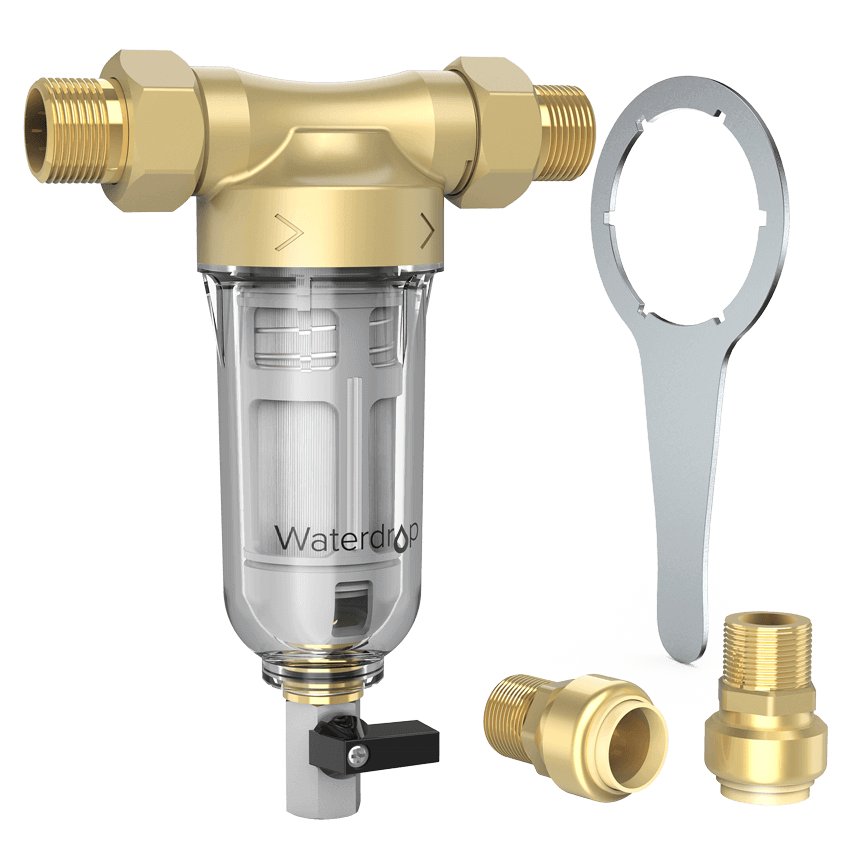Les filtres à eau pour toute la maison sont-ils rentables ? Guide complet
Quel est le fonctionnement des systèmes de filtration d’eau pour toute la maison ?
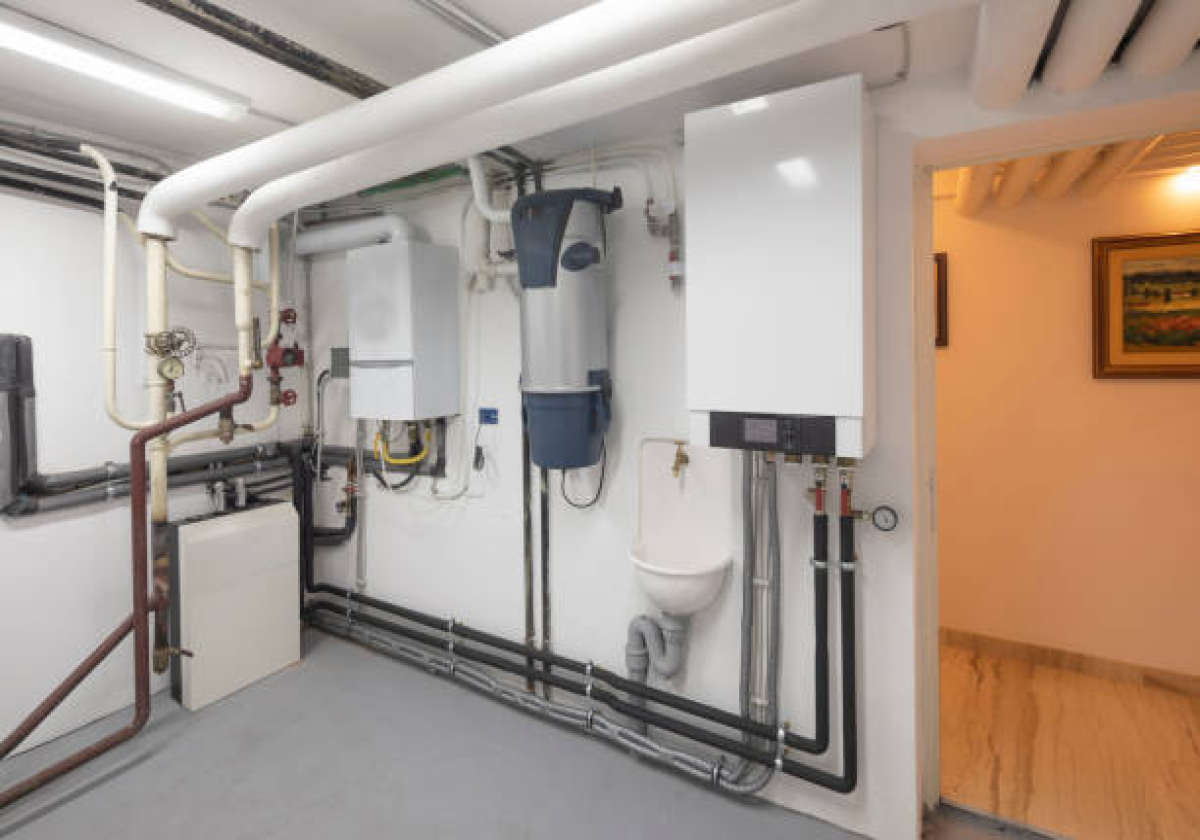
Quel est le fonctionnement des systèmes de filtration d’eau pour toute la maison ?
Avantages des filtres à eau pour toute la maison
- Qualité de l'eau améliorée : les filtres à eau pour toute la maison peuvent éliminer diverses impuretés de votre eau, telles que comme les sédiments, le plomb, le chlore et d'autres substances dangereuses. Cela peut rehausser la saveur, l'arôme et Améliorez l'attrait visuel de votre eau et augmentez sa sécurité de consommation.
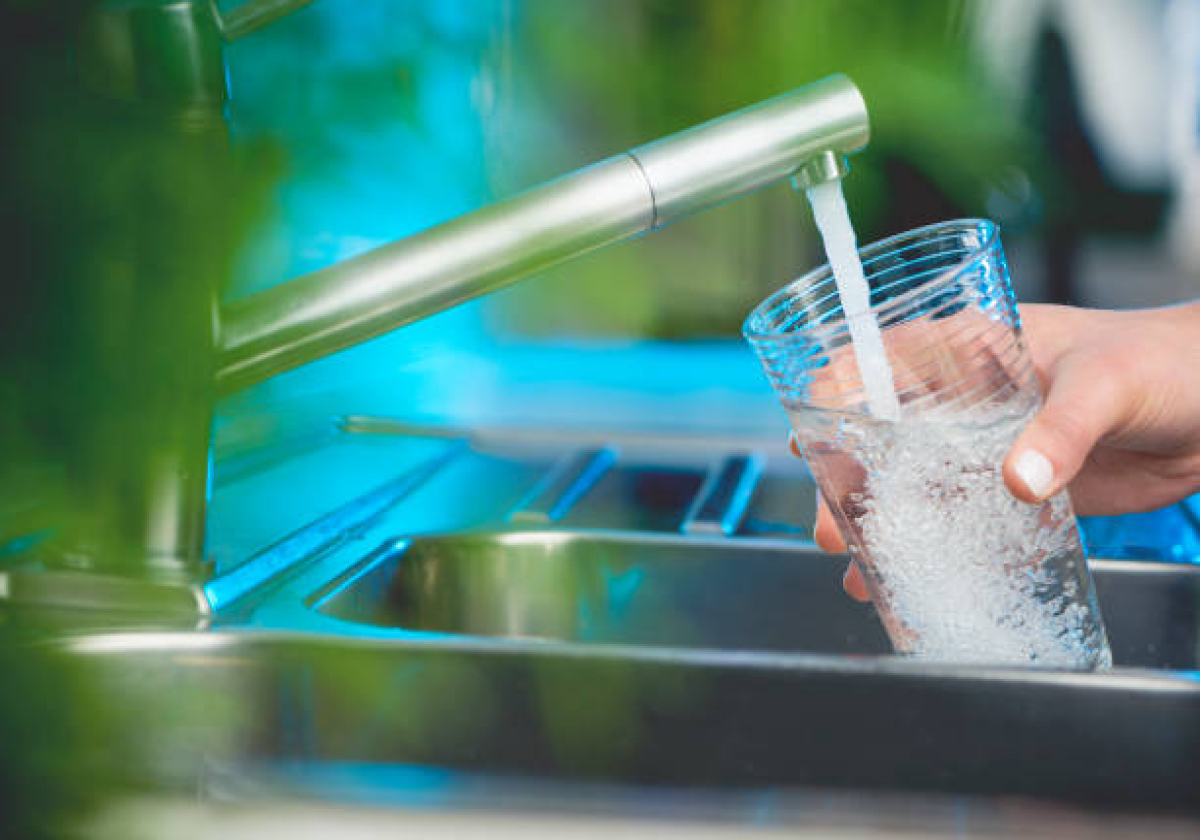
- Appareils et canalisations protégés : Les impuretés telles que l'eau dure peuvent endommager vos appareils et vos canalisations. Les filtres à eau domestiques peuvent protéger votre investissement en éliminant les toxines de votre eau.

- L'eau dure peut provoquer sécheresse et démangeaisons de la peau et des cheveux. Les filtres à eau pour toute la maison peuvent y contribuer. adoucissement de l'eau, améliorant ainsi l'état de la peau et des cheveux.

- L'eau douce peut réduire la quantité de détergent à lessive nécessaire car elle est plus efficace pour nettoyer vêtements dans de l'eau douce. Qu'est-ce qu'une eau système d'adoucisseur ?
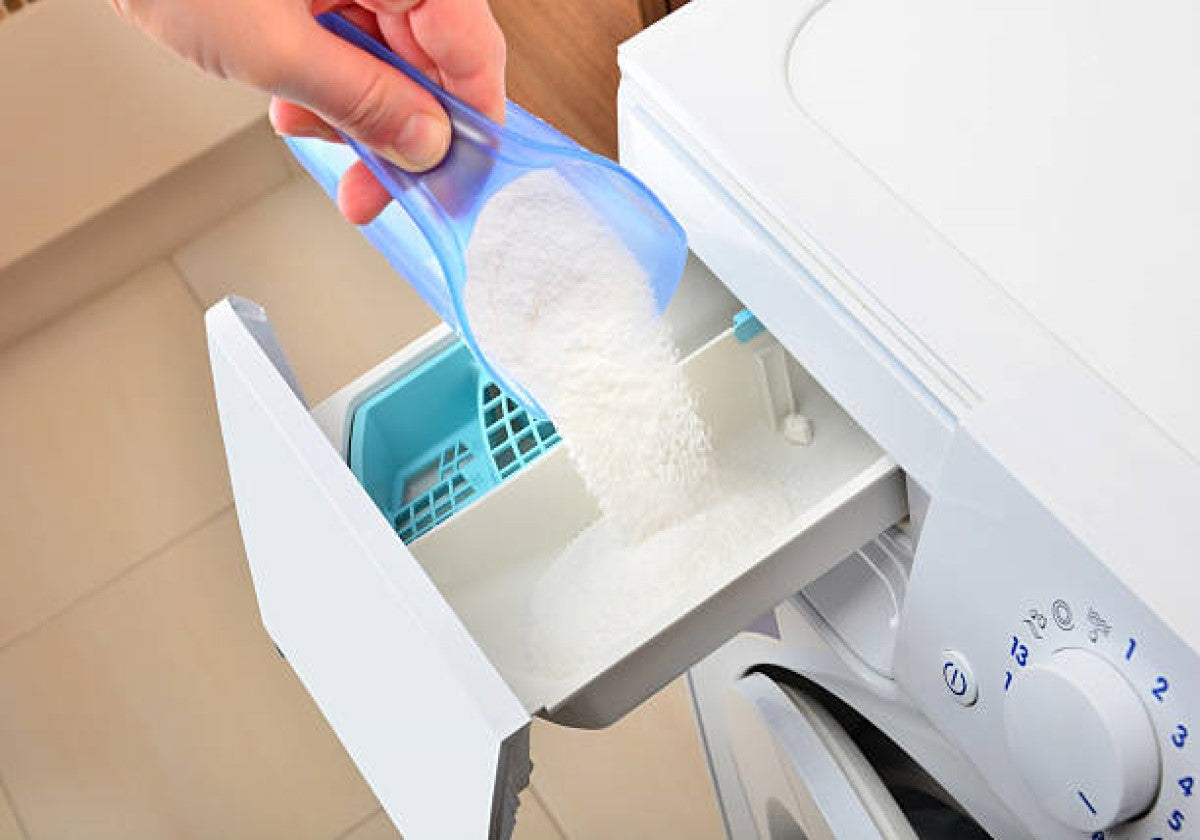
- Saveur améliorée des aliments et des boissons : l’utilisation d’eau filtrée pour cuisiner peut améliorer le goût. Chlore et d’autres polluants peuvent altérer le goût des aliments.

- La tranquillité d'esprit passe par la garantie d'une eau pure et exempte d'impuretés. C'est essentiel. de faire une étude approfondie et de choisir un système de filtration d'eau adapté à vos besoins si vous êtes j'envisage maintenant l'installation d'un filtre à eau pour toute la maison.
Quel est le prix d’un filtre à eau pour toute la maison ?
Gamme de prix :
- Bas de gamme : 850 $ - 2 000 $
- Milieu de gamme : 2 000 $ - 4 000 $
- Haut de gamme : 4 000 $ - 10 000 $
Facteurs affectant le coût :
- Les systèmes d'osmose inverse, qui sont souvent plus coûteux que les filtres à charbon actif, sont décrits système.
- Taille et capacité de filtration : Les systèmes plus grands conçus pour les grandes résidences sont plus chers.
- Des filtres spécialisés sont nécessaires pour traiter des polluants particuliers, tels que l'arsenic ou le plomb, qui augmente les coûts.
- Les marques bien établies et les fonctionnalités sophistiquées comme la désinfection UV peuvent augmenter les prix.
- L’installation professionnelle par un plombier peut augmenter le coût de 500 à 1 000 $.
Considérations supplémentaires :
- Prévoyez des changements de filtre réguliers tous les mois pour tenir compte des dépenses d’entretien.
- Pensez à analyser votre eau pour repérer certaines impuretés et choisir le filtre approprié.
- Rabais et incitations : Vérifiez si le gouvernement ou l'autorité de l'eau de votre région offre des remboursements pour l'eau systèmes de filtration.
- HomeServe : https://www.costimates.com/costs/plumbing/whole-house-water-filter-systems/
- Guide d'accueil : https://www.amazon.com/Brita-BRWCWS-Whole-Filtration-System/dp/B08LDHRQNT
- Bob Vila : https://www.bobvila.com/
- Goutte d'eau : https://www.waterdropfilter.ca/
Un filtre à eau pour toute la maison est-il nécessaire ?
Comment choisir un filtre à eau pour toute la maison ?
- Évaluation de la qualité de l'eau : Des tests approfondis de la qualité de l'eau sont effectués pour détecter l'existence de certaines polluants dans la source d’eau, y compris les métaux lourds, le chlore ou le limon.
- Il est essentiel de prendre en compte le débit et la capacité du système de filtration pour garantir qu'il puisse répondez aux besoins en eau de votre famille sans compromettre la pression ou les performances de l'eau.
- Qualifications et homologations : Évaluer l'efficacité des filtres en vérifiant les certifications et accréditations d'organisations respectées comme NSF International ou la Water Quality Association.
- Évaluez le média filtrant du système et sélectionnez-en un qui cible explicitement les toxines présentes dans votre eau test. Les techniques de filtration souvent utilisées comprennent les filtres à sédiments, le charbon actif et l'osmose inverse.
- Installation et compatibilité : Assurez-vous que le filtre est compatible avec le système de plomberie que vous possédez déjà. et pensez à sa facilité d'installation. Choisissez un système qui interagit harmonieusement avec votre système de plomberie pour réduire le besoin d'ajustements supplémentaires.
- Le filtre offre diverses fonctions et technologies supplémentaires, notamment le lavage à contre-courant automatisé et les UV stérilisation et capacités de surveillance intelligente. Il est essentiel d'étudier ces caractéristiques et technologies. Ces caractéristiques peuvent améliorer l'efficacité des filtres et leur facilité d'utilisation.
- Évaluer les dépenses durables liées au filtre, telles que l'entretien, les composants de remplacement et couverture de garantie. Choisissez un système offrant un fonctionnement économique et un support fiable optimiser votre investissement.
Conclusion
EXCEED EWG HEALTH GUIDELINES
30 Total Contaminants in Your Water
Water Provider
Fruitland Water Special Service DistrictPopulation Affected
120,000Water Source
Ground water








